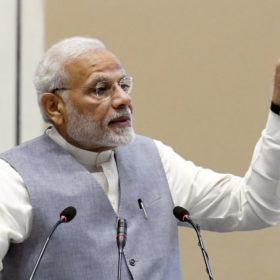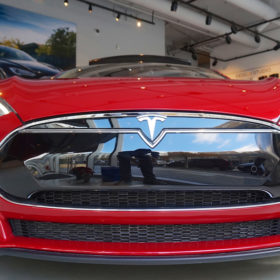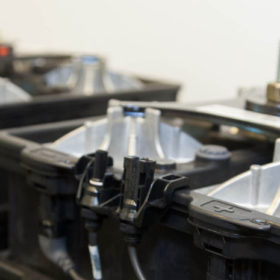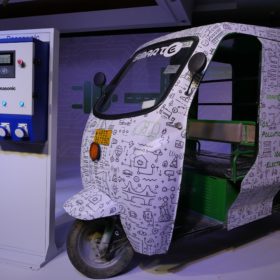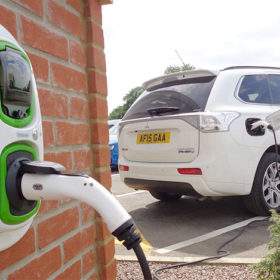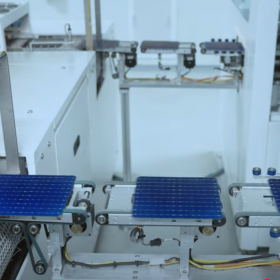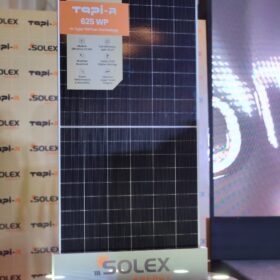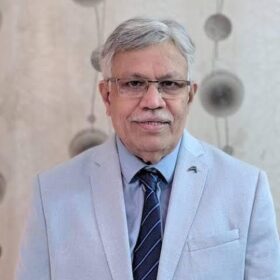Government thinktank proposes ban on diesel and petrol driven vehicles
The NITI Aayog has suggested banning sales of non-electric two and three wheelers in 2025 and cars, trucks and buses five years later as well as forcing public fleets and the cars used by ride hailing apps to be electric.
Europe announces plans for battery gigafactories
In news that will add urgency to Indian government efforts to establish a domestic storage industry, funding has apparently been secured for 16 GWh-plus production lines in Sweden and Germany. Is India at risk of being left in the starting blocks?
Plug-in hybrid cars have no longevity – stick to pure electric
A report on the prospects for a mooted $2.6tn electric vehicle market over the next decade says PHEVs – part electric, part gas-guzzling – are already losing market share rapidly to pure electric rivals, and will be extinct by 2030.
Lithium gigafactory target is raised to 50 GW, tender likely soon
The government is considering financial incentives such as import and export duty waivers to woo battery manufacturers to set up a globally competitive manufacturing base in India.
Telangana pitches for 5 GW lithium-ion battery plant
Following the Indian government’s 40 GW plan for the states, Telangana has pitched for setting up a 5 GW lithium ion plant by announcing the ready availability of 200 acres of land and power and water for the fab at a concessional rate.
The long read: Gearing up for power on wheels
Apricum’s Florian Mayr, partner and Head of the Energy Storage and Green Mobility Practices, Stephanie Adam, senior consultant, and Jesselyn Malimata, explore the true impact of e-mobility on stationary energy storage markets and applications.
Greaves Cotton mulls Li-ion battery manufacturing for EVs
The Mumbai-based engineering company, which acquired a majority stake in electric scooter maker Ampere Vehicles last year, is currently building a supply chain for the proposed EV battery manufacturing plant.
India’s solar industry digests the election results
With Narendra Modi’s government stunning pollsters with another huge victory, the solar industry expects renewable power momentum to be maintained with steps including anti-dumping duty on solar module imports, a national policy for rooftop solar and an emphasis on easing private-sector participation in the power sector.
Panasonic forays into India’s EV charging space
The company’s electric vehicle (EV) charging service combines physical components such as charging stations, swap stations and telematics systems, with virtual components like cloud service, analytics and artificial intelligence.
EVs may account for more than half of global car sales by 2040: BNEF
Electric vehicles could account for more than half of all passenger cars and buses sold throughout the world within the next two decades, according to a new report by BloombergNEF. Sliding lithium-ion battery costs will make EVs cheaper than vehicles based on internal combustion engines by the mid- to late-2020s, the research firm says.

